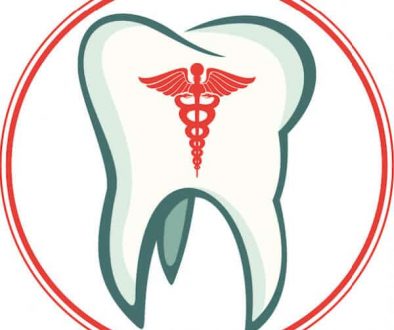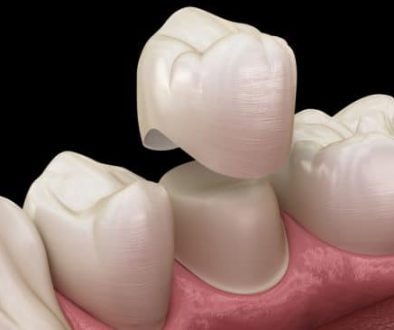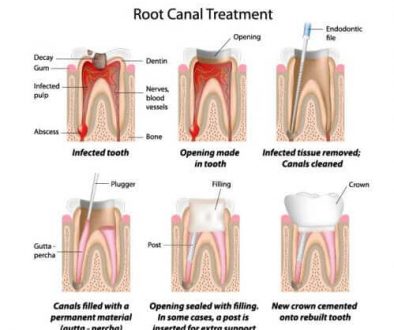Dental Sealants and Fluoride Treatments

Protect your teeth with Dental Sealants and Fluorides from adentaloffice.com
Benefits of Dental Sealants – Dental sealants, a plastic coating that is clear or white is typically placed on the chewing surfaces of the permanent teeth in the back of the mouth. Dental sealants are placed to help protect these teeth surfaces from decay.
Deep grooves, pits, and fissures on the chewing surfaces of the molar and premolar teeth oftentimes make these teeth vulnerable to decay. The grooves can be deep and difficult to clean, sometimes narrower than a single toothbrush bristle. Bacteria, plaque, and acids can become trapped in these areas and tooth decay can very quickly occur. A dental sealant creates a smooth surface covering over the grooves preventing bacteria, plaque, and acids from attacking the tooth surface.
The first permanent molars are typically the first that are sealed following eruption in the mouth around the age of six years old. The remaining molars erupt from eleven to thirteen years of age and the chewing surfaces of these teeth can be sealed as well once they have erupted. Dental sealants can offer many years of protection.
Consider a Fluoride Treatment – The hard white surface of the tooth that we see is called the enamel. When we consume food, the sugars in our food interact with bacteria in our mouth and produce an acid that attacks the enamel and causes it to weaken. This is called ‘demineralization’. Tooth enamel is strengthened by minerals such as fluoride, calcium, and phosphate which are found in the food and water we consume. Toothpaste with fluoride also contributes to strengthening the enamel. This is called ‘remineralization’.
Fluoride occurs naturally in food and water which helps to strengthen teeth and prevent tooth decay as it makes teeth more resistant to acid attacks from plaque and sugars. Without fluoride, teeth are more prone to decay and cavities.
Fluoride is most beneficial when the teeth are developing. Although we receive fluoride in the food and drink we consume or supplements, we can also find fluoride in fluoridated toothpaste, mouthwashes or when applied topically to the teeth by the dentist or hygienist.
Fluoride treatments are typically recommended for children who have had a history of developing tooth decay or who live in non-fluoridated communities. Adults can benefit too. Fluoride treatment is a very simple and safe treatment, provided by the dentist or dental hygienist to prevent tooth decay.



